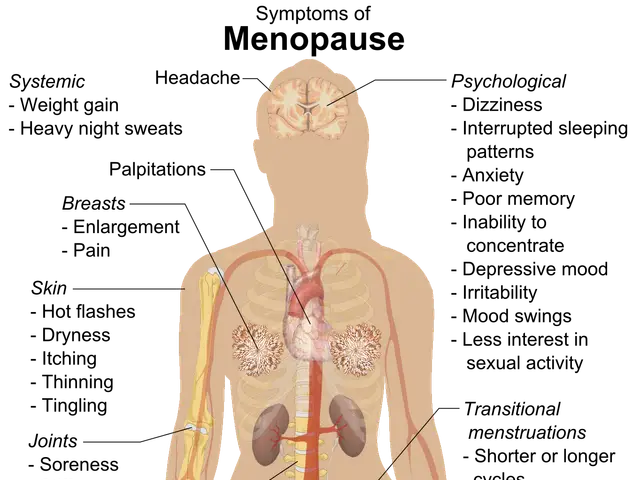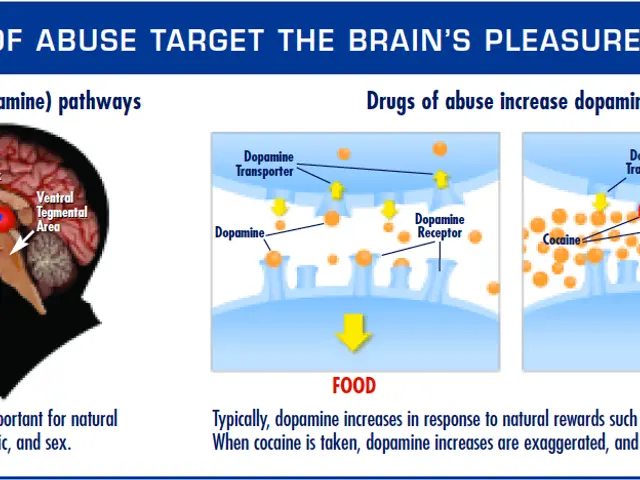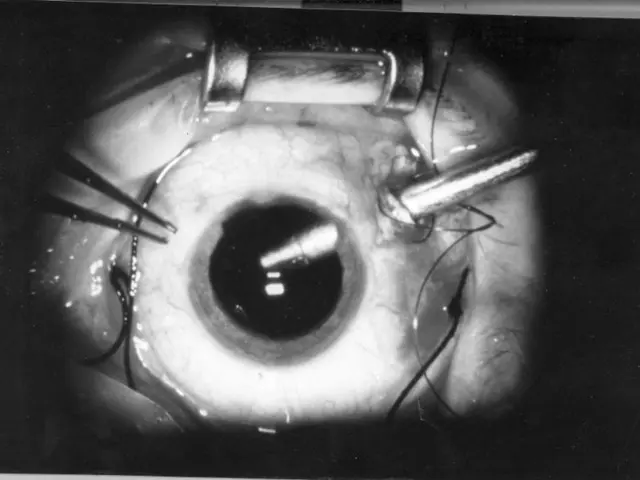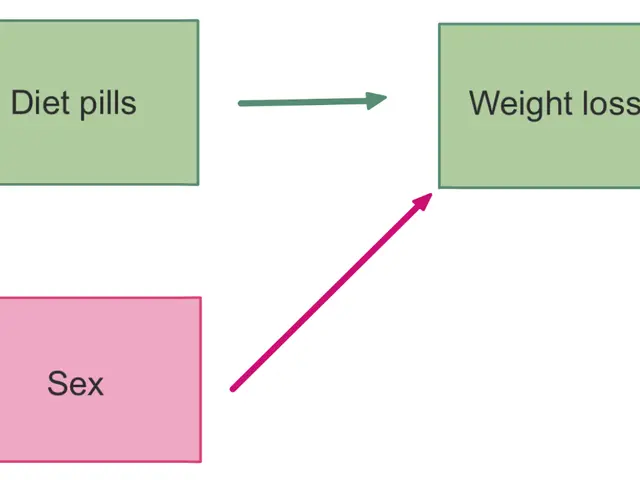Mild Cognitive Decline Explained: A Comprehensive Look at Mild Cognitive Impairment
### Title: Understanding Mild Cognitive Impairment (MCI): A Bridge Between Normal Aging and Dementia
Mild Cognitive Impairment (MCI) is a condition that falls between normal aging and dementia. Characterised by changes in cognitive performance that are atypical for someone's age and education level, MCI is a potentially reversible condition that can increase the risk of progressing to dementia[1][2].
#### Normal Aging and MCI
Normal aging involves minor cognitive changes that are not significant enough to interfere with daily life. These changes can include occasional forgetfulness, such as misplacing items like keys or glasses[5]. In contrast, MCI is characterized by a noticeable decline in memory and thinking, which is more pronounced than what is expected for a person's age but not severe enough to disrupt daily life[1][4]. Symptoms include frequent misplacing of items, forgetting recent events, and difficulty following conversations[3].
#### Dementia
Dementia is a severe decline in cognitive function that interferes significantly with daily life. It affects multiple cognitive domains, including memory, language, and problem-solving abilities[4]. People with dementia may frequently ask the same questions, struggle with communication, and face difficulties in managing their daily routines[3].
#### Can MCI Be Reversed?
While MCI is potentially reversible, not all cases are. The progression can be influenced by underlying health conditions, such as type 2 diabetes, which is known to increase the risk of developing MCI and dementia[2]. Early identification and management of risk factors, along with appropriate treatment and lifestyle changes, can help manage symptoms and potentially improve cognitive function in some individuals with MCI[1][2].
#### Diagnosis and Assessment
The diagnosis of MCI is made through the use of standardized memory and thinking tests administered by a healthcare professional. The Mini-Mental State Examination (MMSE), often referred to as the "30 Question Cognitive Test," is a way to assess memory in a clinical setting[6].
MCI is split into two groups: amnestic and non-amnestic. Amnestic MCI is a form of MCI that looks more like early Alzheimer's disease because it is accompanied by memory loss as the primary symptom[7].
#### Treatment
There is no FDA-approved treatment for MCI, but some drugs approved for Alzheimer's disease may be helpful. Cholinesterase inhibitors (Aricept®, Exelon®, Razadyne®) and NMDA receptor antagonists (Namenda®) are the two classes of drugs that may be beneficial[7].
#### Prognosis
The prognosis for MCI varies. Some people with MCI recover in full while others never progress but maintain their memory and thinking skills at a lower level[8]. The longer you live with a diagnosis of MCI, the higher your chances are of converting to clinically recognized dementia[8]. However, it's important to note that most MCI remain stable, and around 10% convert to dementia each year[8].
In conclusion, MCI is a condition that should be taken seriously and managed with the guidance of a physician. While it can be a concerning diagnosis, it is not a guarantee that you're headed towards dementia. Regular exercise and other non-pharmaceutical approaches can demonstrate benefit in the MCI patient[1][2]. It's essential to remember that each individual's experience with MCI is unique, and the course of the condition can vary greatly from person to person.
- The risk of progressing from Mild Cognitive Impairment (MCI) to dementia can be increased by underlying medical-conditions such as type 2 diabetes, emphasizing the importance of health-and-wellness in managing MCI.
- Mental-health interventions, such as regular exercise, may demonstrate benefit for individuals with MCI, helping to potentially improve their cognitive function and prevent further declines.
- Aging often involves minor cognitive changes, but with mild cognitive impairment (MCI), these changes are more pronounced than typical for a person's age, and there exists a potential risk for the development of neurological-disorders like dementia.







